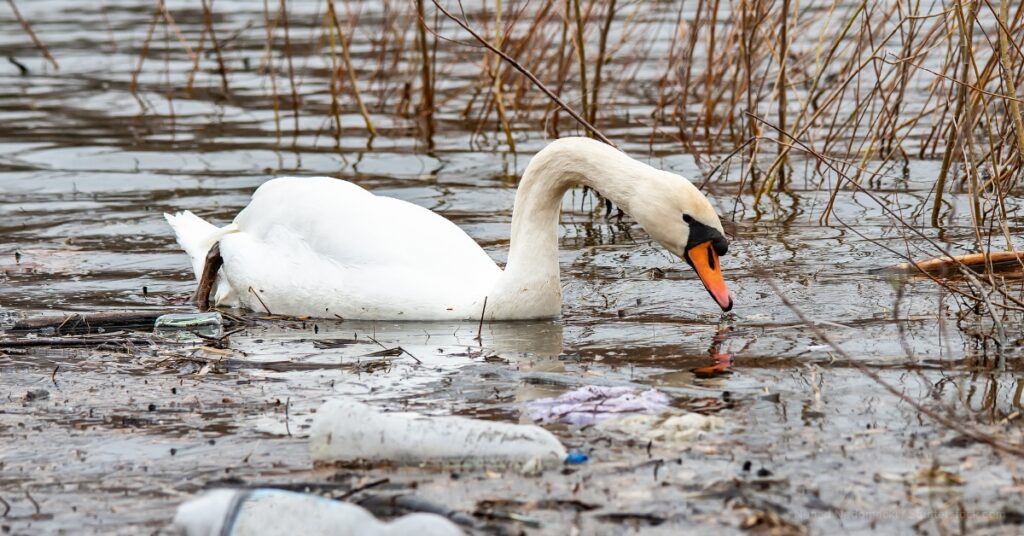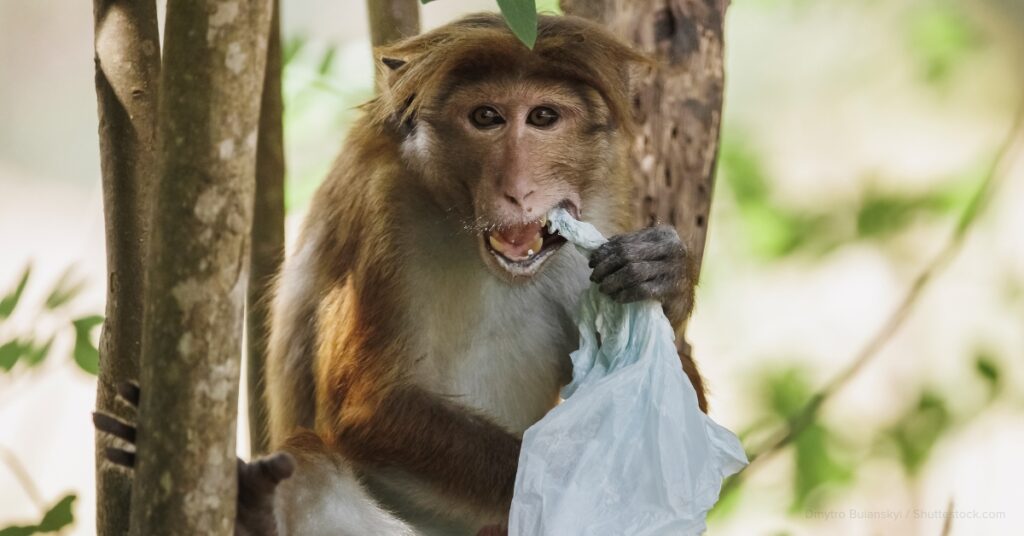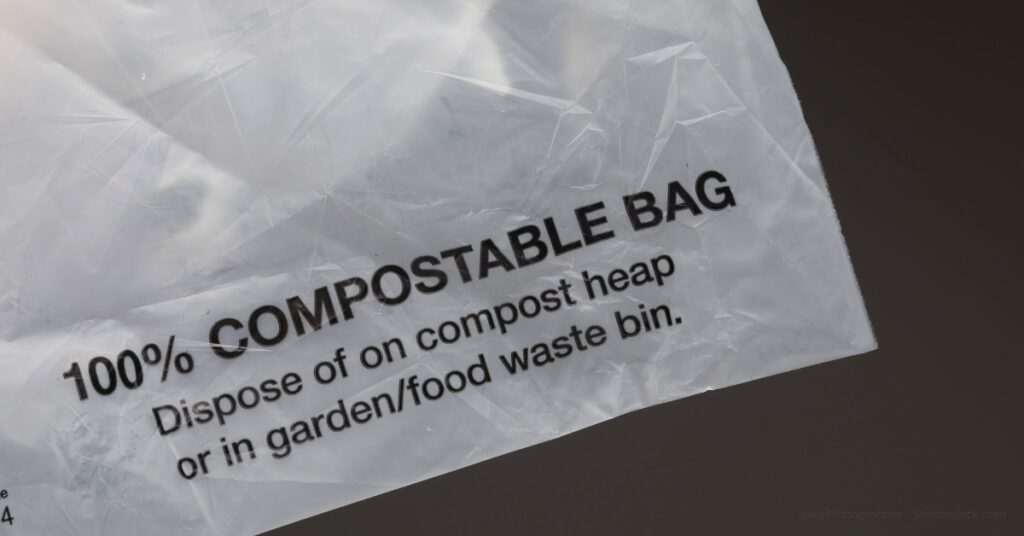
Published
September 26, 2024
Tags:
This article emphasizes the impact of sustainability on animals and their habitat if only we get rid of traditional plastics.
Have you heard of the 2018 news where a 10-meter-long sperm whale was found dead in Spain due to 30 kilograms of indigestible plastic that blocked its digestive system? In the same year, a 20-year-old elephant died in India for the same reason. This alarming news emphasizes the impact of sustainability on animals and their habitat if only we get rid of traditional plastics.
Let’s dive into the harmful effects of traditional plastic packaging on animal habitats, different types of alternative packaging to plastic that businesses can use, and strategies for an eco-friendly business to support this cause.
The Growing Need for the Impact of Sustainability on Animals’ Habitats

Research shows that plastic pollution has detrimental impacts on wildlife, such as:
Waste Accumulation
400 million tonnes of plastic waste is produced yearly, 85% of which ends up in landfills that take years to degrade. This litters land and marine habitats, reducing the living space of animals.
Pollution and Toxicity
When plastic breaks down, it leaves traces of microplastics that contaminate the soil, water, and air. It negatively affects animals’ health, the food chain, and the entire ecosystem, leading to a decline in biodiversity.

Wildlife Harm
As mentioned, animals are in danger of ingestion and entanglement in plastic waste. This can result in injury, starvation, and death, leading to species’ imminent extinction.
Habitat Destruction
Traditional packaging production also requires extensive extraction of resources like oil and trees. This activity disrupts the ecosystem and destroys animal habitats.
For these reasons, we must realize the impact of sustainability on animals and shift to biodegradable packaging for business and daily life.
Examples of Sustainable Packaging Materials to Protect Animal Habitats

Biodegradable Packaging
Materials like cornstarch and sugarcane fiber are designed to break down naturally over a shorter time than traditional packaging without leaving toxic substances in the environment.
Compostable Packaging
Materials made of cassava starch or other plant-based materials return nutrients to the soil when disposed of properly.
Edible Packaging
This innovative solution is made from food-safe materials like seaweed and rice paper, which eliminates waste.
Water Soluble Packaging
Another innovative solution, like cassava starch bags, leaves no trace behind as it dissolves in water easily.
Strategies Eco-Friendly Businesses Can Do

By adopting more sustainable practices, businesses can minimize waste, reduce pollution, and promote a more eco-friendly future. Here are some strategies:
- Use eco-friendly materials
- Promote circular economy by having refillable systems and take-back initiatives.
- Reduce carbon footprint through energy-efficient manufacturing and local sourcing.
- Increase awareness of the impact of sustainability on animals through campaigns and incentive programs.
Through these sustainable practices, businesses can improve their brand reputation and appeal to more eco-conscious consumers.
Sustainable businesses in the Philippines that require alternative packaging to plastic can collaborate with Oikos Sustainable Solutions. We offer 100% compostable and water-soluble eco-friendly bags made of cassava starch and cornstarch. For more product information, visit this link.
Facebook
Linkedin
Twitter
Pinterest
